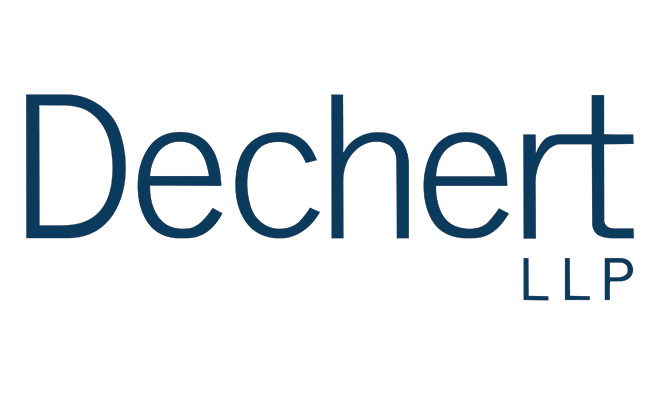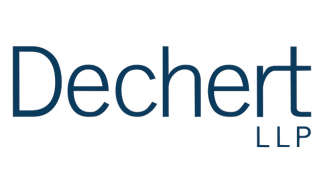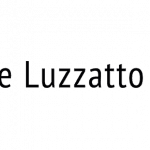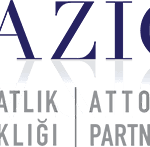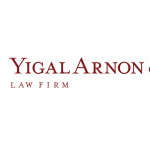What are some of the challenges and opportunities you foresee for the investment funds industry in Ireland, and how is Dechert positioned to navigate them?
Ireland’s success as domicile for investment funds has been further enhanced following the Brexit referendum with many managers choosing Ireland as their EU hub. We see opportunity for continued growth in this sector, both on the product and the manager side. Ireland recently upgraded our Investment Limited Partnership (ILP) structure, and we anticipate the ILP becoming more popular over time. As a firm with a strong private funds practice, we are focused on structures such as loan origination funds and the European Long Term Investment Fund (ELTIF). On the former, Ireland has been at a disadvantage because of the Central Bank’s specific rules for loan origination funds. However, with the implementation of AIFMD 2, which will impose pan European rules across all loan origination funds, Ireland will once again be on a level footing with our competitor jurisdictions such as Luxembourg. In terms of ELTIF, although being around since 2015, it has not been possible to date to launch an ELTIF in Ireland. The Central Bank has committed to facilitating the authorisation of ELTIF by adding a new chapter to the AIF Rule Book as soon as the Level 2 requirements are finalised. These regulatory developments should provide opportunity for industry to attract more private fund managers to establish product here in Ireland. In terms of challenges, we need to continue to be competitive as a domicile. We welcome the recent Department of Finance review of the funds sector (Funds Sector 2030: A Framework for Open, Resilient & Developing Markets) that recognises the importance of the sector to the national economy, and we have provided our own response to the consultation, having surveyed our clients, outlining the need for an unregulated investment fund structure that would be similar to what we see in other jurisdictions. As an industry, we need to continue to evolve in line with developments in technology and innovation while remaining a competitive and attractive destination for investment funds and managers.
How does Dechert stay ahead of regulatory changes and developments in the investment funds industry to better serve its clients?
Being able to anticipate what is coming down the track from a regulatory perspective is extremely important to our clients. They need certainty and the ability to plan for regulatory change. We leverage our very large global footprint to scan and monitor regulatory developments. We use our in-house knowledge management team to develop tools that can track trends across our clients so we can stay up to date and anticipate the needs of our clients. Information sharing is a top priority for our lawyers, and we have regulator practice group meetings to share relevant developments. We have formal training programmes that we run both internally and externally for lawyers. We participate in industry groups such as Irish Funds and AIMA, sitting on Working Groups and contributing to industry publications including responding to regulatory consultations.
What sets Dechert apart in terms of its approach to client service and legal expertise in investment funds law?
Dechert in Dublin is part of a global financial services practice group with more than 200 lawyers across 17 offices. We have a physical presence in the five key European fund centres of London, Luxembourg, Dublin, Paris, Frankfurt/Munich as well as throughout the US, Middle East and Asia. This allows us to not only provide truly ‘jurisdiction neutral’ advice focused on the client, it also enables us to provide advice to our clients with a more global perspective. We always say that while the funds may be domiciled in Ireland, they are sold globally. It is important to our clients when structuring their investment funds that we can also anticipate the requirements of the local markets into which the funds are being marketed or where the investors are located. A good example of this is ESG – irrespective of the fact that much of the legislation is at an EU level, many EU member states have established their own rules and doctrines. This becomes more complex for managers who market the same strategy in Europe and the US, as the approach to ESG in the US is diametrically different to the approach here. We work together as a cohesive practice group with client teams made up of lawyers from offices across our network. There is no other firm in Dublin that can provide all of these elements under one roof.
How has the introduction of the European Union’s Sustainable Finance Disclosure Regulation (SFDR) affected investment funds operating in Ireland, and how is Dechert assisting clients in compliance with SFDR?
The introduction of SFDR impacts all funds operating in Ireland to greater or lesser degrees – non-green funds or Article 6 funds have less disclosure and reporting requirements but still need to comply. Article 8 and 9 funds have more onerous requirements. The challenge has been the uncertainty surrounding some aspects of the legislation and the subsequent publications of various Q&As and clarifications emanating from the EU and indeed national regulators. All of our Irish lawyers are actively engaged in advising clients on SFDR, taxonomy and other related regulations. We also have the benefit of a specialist global ESG task force, which sits within our financial services practice that provides cross-jurisdictional advice, training sessions, thought leadership, webinars and tracks ESG trends and developments in jurisdictions around the world.
For more information, please contact:

Carol Widger, partner, Dechert
5 Earlsfort Terrace
Dublin
D02 CK83
T: +353 1 436 8522
E: carol.widger@dechert.com







